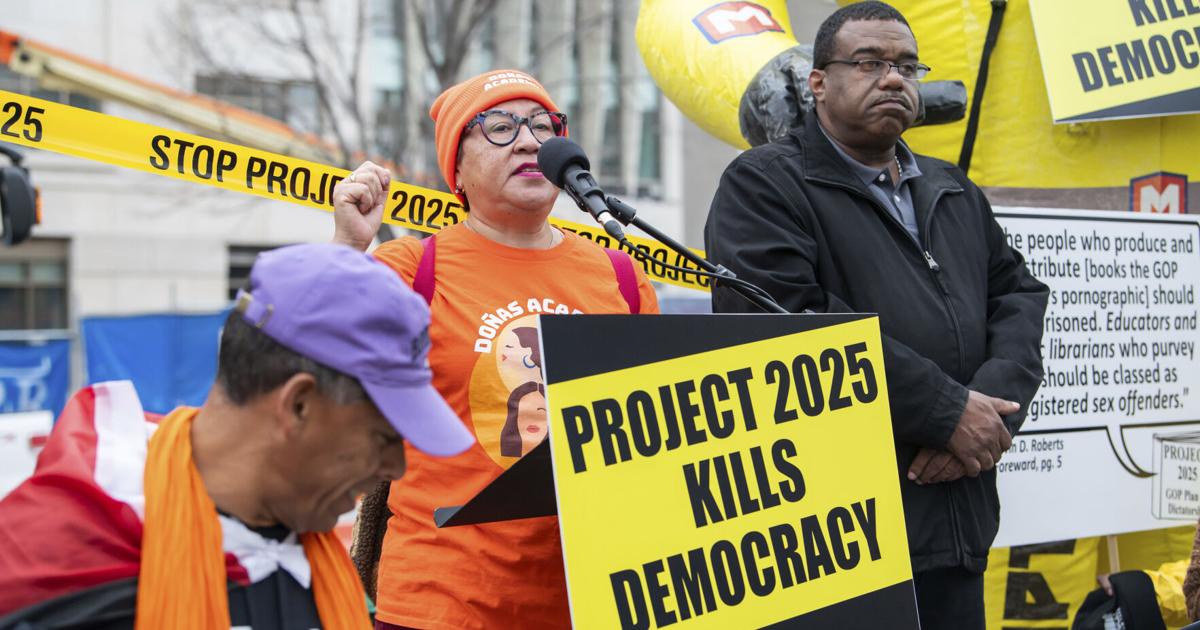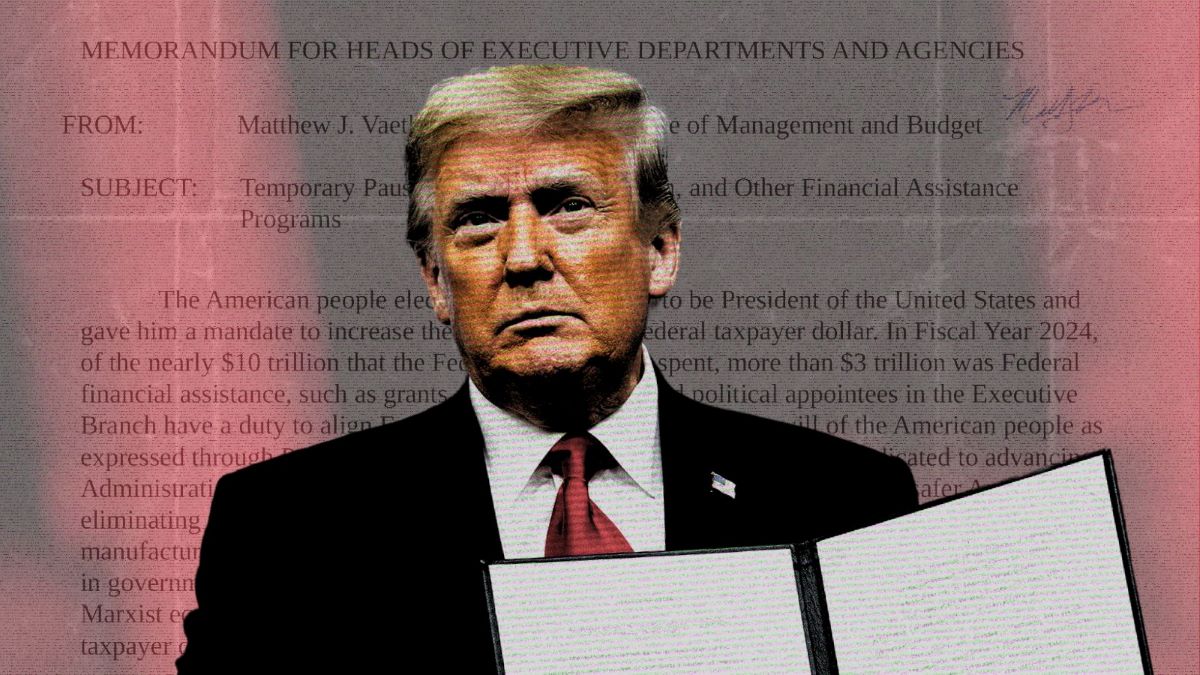Uncertainty Persists Amid Changes to U.S. Electronics Tariffs
Consumers and businesses alike remain puzzled by recent adjustments to President Donald Trump’s tariffs on electronic goods, following a weekend filled with trade-related queries.
On Friday, the Trump administration suspended the latest taxes targeting electronics imported into the U.S., offering a temporary break from escalating trade tensions, especially with China, a key exporter of devices like smartphones and laptops. Despite this pause, these products are still subject to existing charges.
Officials have also suggested that new, industry-specific tariffs focusing on electronics may be introduced soon. Economists caution that these measures could increase production costs, ultimately leading to higher prices for consumers.
Are Electronics Currently Exempt from the Latest Tariffs?
In a statement released late Friday, the U.S. Customs and Border Protection announced that electronics, such as smartphones and laptops, would be excluded from the broader, so-called “reciprocal” tariffs. This exclusion means these items are not yet affected by most tariffs levied on China to date or the baseline 10% baseline levies applied to other nations.
However, U.S. Commerce Secretary Howard Lutnick clarified that this exemption is temporary. Speaking to ABC’s “This Week” on Sunday, Lutnick stated that electronics would eventually fall under new sector-specific tariffs on semiconductor products, expected to be implemented in “probably a month or two.”
Further complicating the situation, not all tariffs imposed by the U.S. on countries like China are categorized as “reciprocal” by the White House. Shortly after Lutnick’s remarks, Trump took to social media to assert that there was no “exception” at all, adding to the confusion. He argued that electronics are “just moving to a different” bucket and maintained that China would continue to face a 20% levy on electronics imports related to previous actions against fentanyl trafficking.
What is China’s Response to the Tariff Adjustments?
China’s commerce ministry expressed mixed feelings on Sunday, acknowledging the partial relief on consumer electronics but urging the U.S. to eliminate the remaining tariffs entirely.
Chinese President Xi Jinping reiterated that on Monday in an editorial published jointly in Vietnamese and Chinese official media, stating that “there are no winners in a trade war.” He emphasized that both China and the U.S. need to “resolutely safeguard the multilateral trading system, stable global industrial and supply chains, and open and cooperative international environment.”
The tit-for-tat tariff escalation between the U.S. and China has reached unprecedented levels in recent months. Since January, Trump has enforced a series of levies totaling 145% on various Chinese imports. China has retaliated with its own measures, including tariffs on U.S. goods amounting to 125%. Additionally, its Commerce Ministry has also said it plans to introduce more export controls on rare earth elements essential for high-tech products like computer chips and electric vehicle batteries.
Impact of Tariff Reductions on Consumers
Tariffs act as taxes on imported goods, and given the global supply chains integral to electronics production, economists warn that any tariffs on consumer technology could result in higher prices for items such as smartphones and laptops.
A temporary reduction in these tariffs might mitigate or postpone the price increases. Nonetheless, it’s improbable that costs will remain unaffected entirely. Existing tariffs that are not categorized as “reciprocal” will still apply to electronics, and there is potential for new sector-specific levies to be introduced in the future.
Altering supply chains poses significant challenges for companies. While the Trump administration suggests that tariffs may encourage major firms like Apple to manufacture devices domestically, Apple has decades of experience building up a finely calibrated supply chain in China. Shifting operations to the U.S. would require substantial time and financial investment.
Wendong Zhang, an assistant professor of applied economics and policy at Cornell University, commented that the tariffs’ effect on consumer technology underscores the complexities of a “full decoupling between U.S. and China.” He noted that products like laptops and smartphones, along with their components, accounted for nearly $174 billion in U.S. imports from China last year.
On Monday, Trump indicated that he had spoken to Apple CEO Tim Cook prior to providing an exemption for electronics from certain China tariffs. He mentioned to reporters that he had “helped” Cook with the partial relief and also plans to offer temporary exemptions for auto makers needing “a little bit of time.” Apple did not immediately respond to The Associated Press’ request for comment.
Wall Street’s Reaction to Tariff Changes
The imposition of tariffs has significantly unsettled global financial markets, with stocks particularly hard hit following Trump’s comprehensive announcement on April 2. However, the news of a partial exemption for electronics and last week’s suspension of more severe tariffs outside China provided some relief.
On Monday, the S&P 500 rose by 0.8%, although trading remained volatile and the index briefly discarded its initial gain of 1.8%. The Dow Jones Industrial Average increased by 312 points, or 0.8%, while the Nasdaq composite grew by 0.6%.
Nonetheless, the respite might be short-lived. The partial exemption signals Trump’s attentiveness to market conditions, but Zhang observes that this move and other upcoming actions reveal that the administration’s “tariff strategy is a lot more about the leverage and signaling … as opposed to coherent long term trade framework.”
Overall, high levels of uncertainty continue to challenge companies in forming long-term strategies amid frequently changing policies.
“Businesses thrive on stability because they plan around rules of engagement … Ergo, markets perform better when businesses are confident that the rules are really the rules,” wrote Dipanjan Chatterjee, vice president and principal analyst at Forrester, in a Monday note. However, he added that companies must avoid reactive measures and carefully assess risks. “When Friday’s policies are thrown out with Sunday’s brunch leftovers, companies will resort to one primary strategy: do as little as possible and thereby do no harm.”




